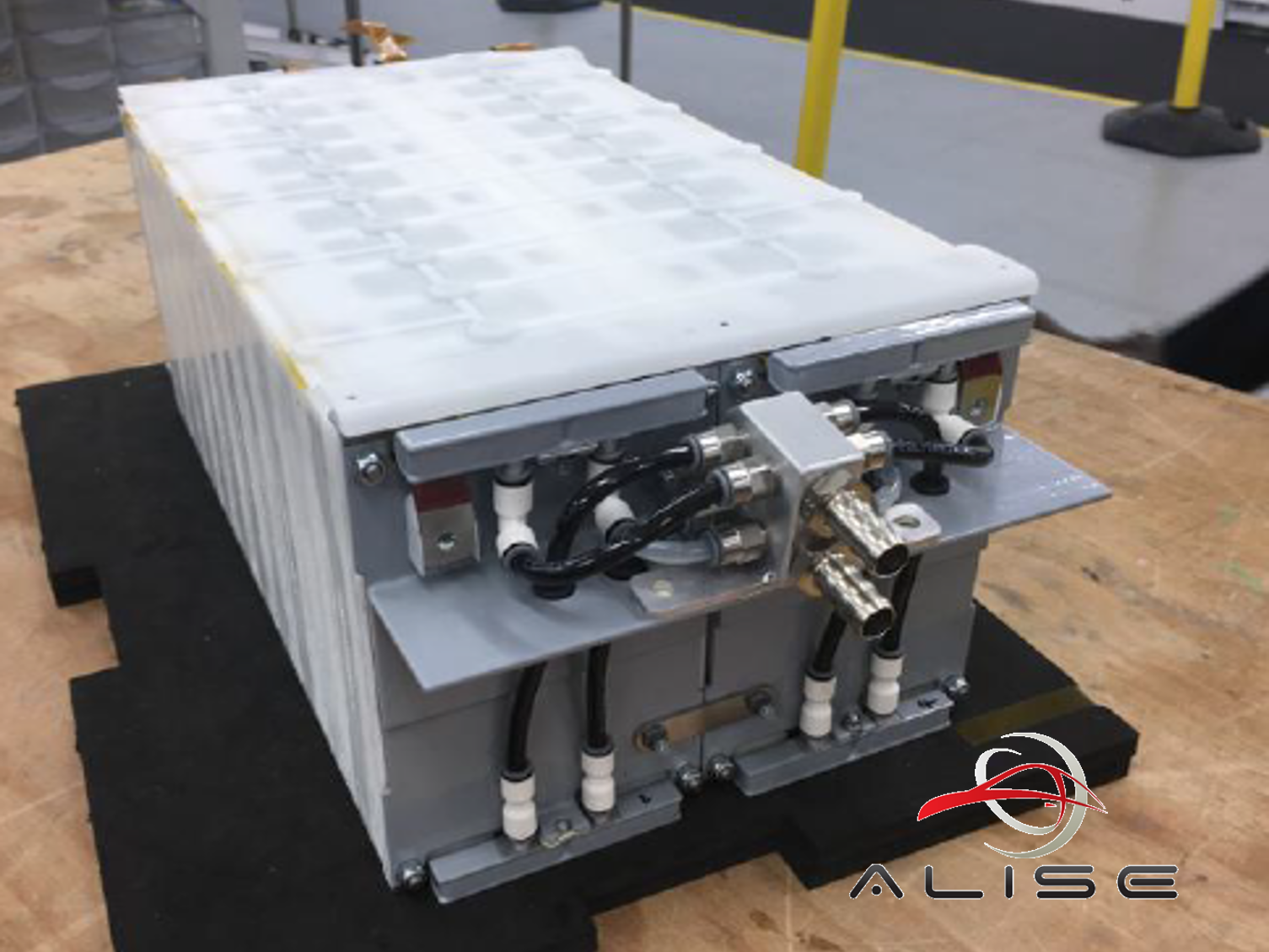Developing a high energy and safe lithium-sulphur battery for automotive integration
On January 1st, 2019, the LISA project officially started and runs for 43 months. It is financed by the European Union’s Horizon 2020 Research and Innovation Programme with an amount of 7.9M€ and involves a total of 13 organisations. The consortium is coordinated by Leitat and involves OXIS Energy, Cranfield University, Varta Micro Battery, CIC Energigune Fundazioa, Argem, Fraunhofer Gesellschaft IWS, Pulsedeon, ACCUREC Recycling, Optimat Limited, Technische Universität Dresden, VDL Enabling Transport Solutions and Renault. The goal of LISA is to develop a high energy and safe lithium-sulphur battery cell with hybrid solid state no-flammable electrolytes for automotive integration. The cell aims to be validated at 20Ah according to EUCAR industrial standards. In addition, LISA will solve specific lithium sulphur bottlenecks such as the metallic lithium protection, the power rate, and volumetric energy density. A target has also been set for production cost, as it is the main selection criteria for EV batteries. Lithium-sulphur cells have three main advantages: only 10% of the sulphur theoretical energy density has been reached, lithium-sulphur cells are twice as light as lithium-ion cells and are free of critical raw materials. Improving lithium-sulphur batteries could be a key factor for mass-scale adoption of electrified vehicles. “LISA is the continuation of ALISE project, which Leitat also coordinates. We have reached a 310 Wh/Kg cell and aim to go much further with LISA,” says Luis Santos, technical coordinator of the project and senior researcher at Leitat.



